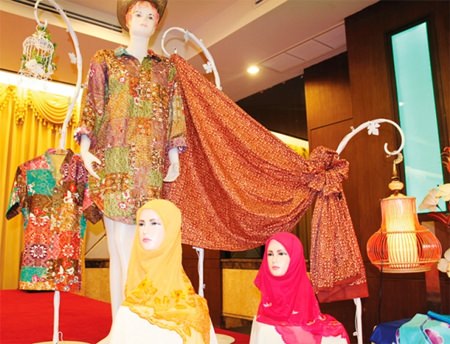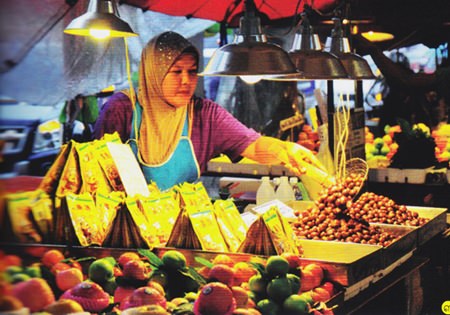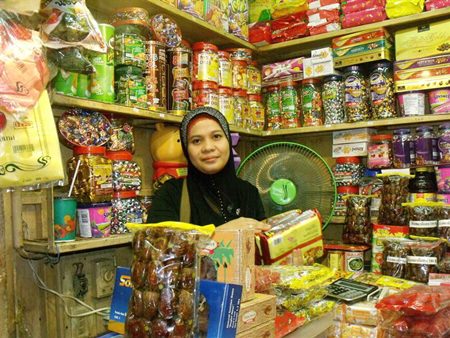SONGKHLA, 21 June 2015 – The Special Economic Zone in Songkhla Province will play a major role in facilitating the growth in trade between Thailand, Malaysia and Singapore, a Commerce Ministry official has noted.
An Advisor to the Minister of Commerce, Gen Ditthaporn Sasasmit, said during his official visit to Songkhla Province that the government is now working towards economic recovery by changing the economic structure.
He added that the Ministry of Commerce will be pursuing the development of the border area’s trade as a driving force in Thailand’s economy and trade, while the Special Economic Zone (SEZ) in Songkhla Province has been highly anticipated by investors because of its rubber processing industry, one-stop service logistics center, and goods transfer service known as the Container Yard.

The SEZ in Songkhla has drawn investors’ attention because it lies on the Thai-Malaysian border. The current value of trade between Thailand and Malaysia is approximately 500 billion baht annually. The SEZ is also connected to Singapore by rail and road through Malaysia. This is a key gateway for Thailand along the North-South Economic Corridor (NSEC) that serves as the main transportation corridor between Thailand, Malaysia, and Singapore.
He anticipates that Songkhla’s SEZ will be further developed as an extension of the industrial park which will accommodate connectivity to industries for exports, through the development of the Padang Besar border post as a logistics and continuous transport center, and the establishment of the rubber and Halal food industry in the area. The Sadao border post area will accommodate the development of the rubber and processed seafood industry as well as tourism development.
The spokesman also mentioned that the Thai economy will benefit from the integration of the ASEAN Economic Community set to take place at the end of this year as it will combine ASEAN countries into a single market and serve as a manufacturing base for trade and investment with other countries such as China, South Korea, Australia, and New Zealand.






